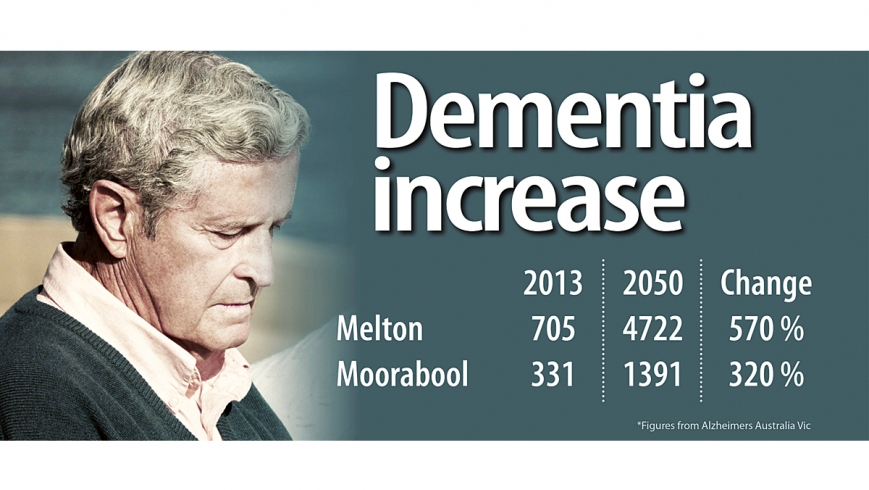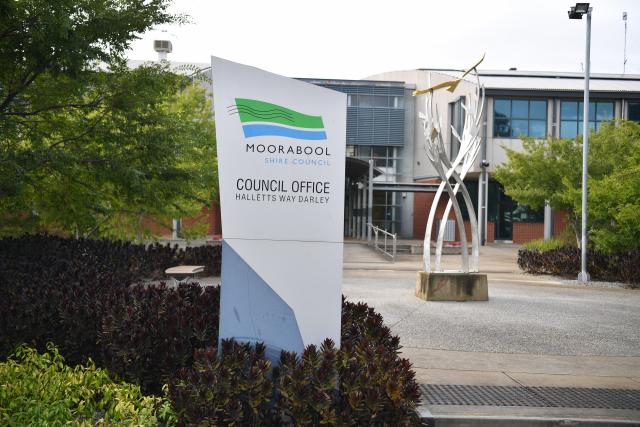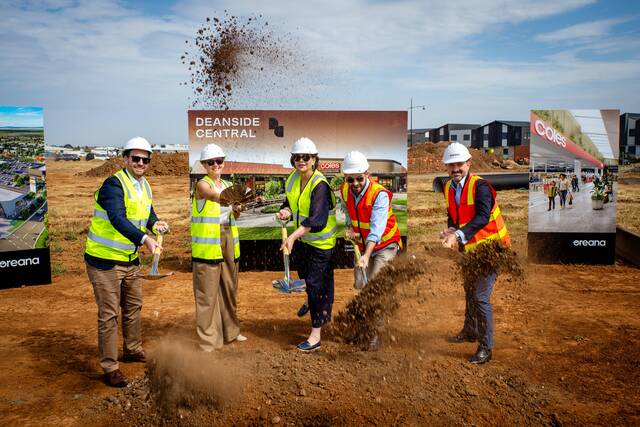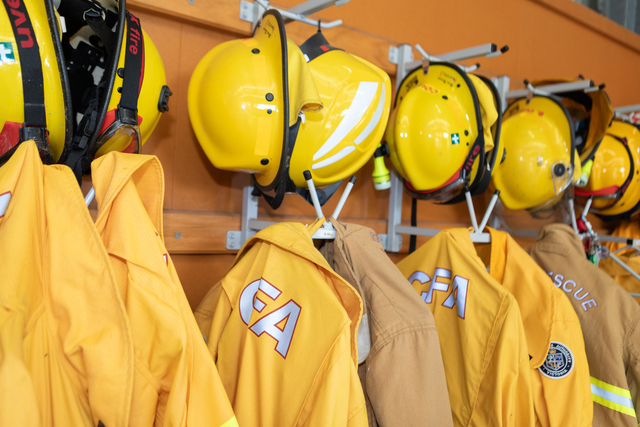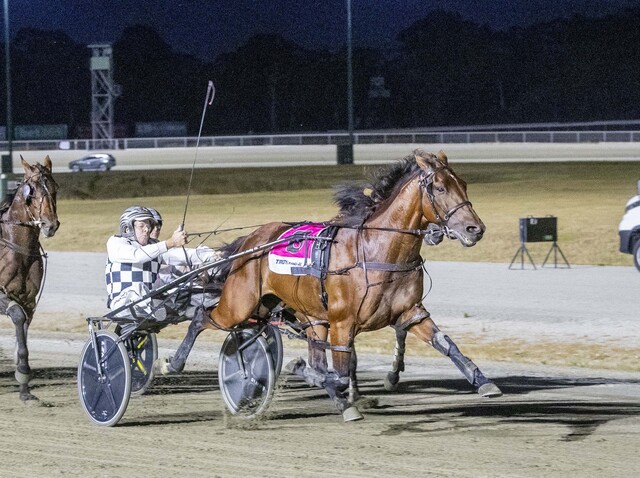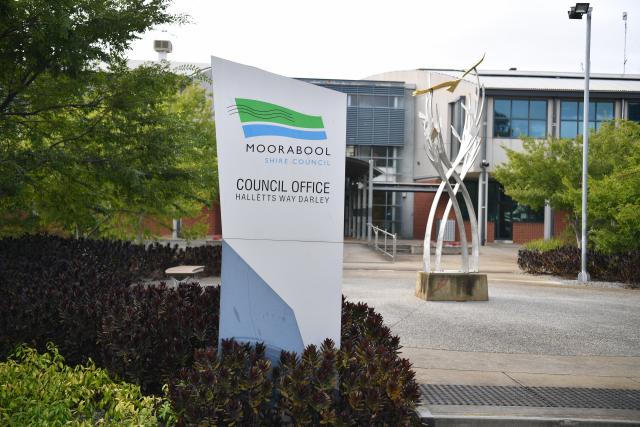Experts are warning that Melton faces the highest increase of dementia cases in the state, with more than 4000 cases predicted by 2050.
They say that substantial investment in support services will be required in the outer-west as the number of families needing help skyrockets over the next 40 years.
Figures released by Alzheimers Australia Vic last week warned that Melton, which has 705 residents living with dementia, was expected to be home to 4722 cases by 2050.
In Moorabool there are 331 cases, which is likely to jump to 1391 by 2050.
The release of the figures coincided with Dementia Awareness Week (September 16-22), which aimed to encourage people to make changes for a “brain-healthy” lifestyle.
Dementia consultant Mary Slater, who works in Moorabool and Ballarat, said the increase of dementia cases would strain resources.
“We have an ageing population and we have many people who are living longer,” she said.
“We need to provide increased respite and meaningful activities for people with dementia; those services will be stressed.”
Ms Slater said there were many challenges for people diagnosed with dementia and their family. “The challenges are coping with the losses [of faculties] and – for the client who is living with dementia – coping with the losses of independence,” she said.
“One of the crucial times is loss of licence and withdrawing from community activities. We try to empower people to continue with that social network.”
Melton University of the Third Age (U3A) president John Birmingham said the group had members whose partners suffered from dementia. U3A offers residents over the age of 50 courses to keep them mentally and physically active including art, craft, walking and computer classes.
“We do have some members whose partners have dementia and this offers them a nice respite,” he said. “They can come in and do a painting or play cards. It gives them a chance just to step back a bit, knowing that at 4pm when they go home the same problems will exist, but it gives them a break.”
Mr Birmingham said U3A was also able to cater for residents with dementia.
“It’s a gentle approach. Because we’re run by volunteers of the same age it’s more a sympathetic approach.”

